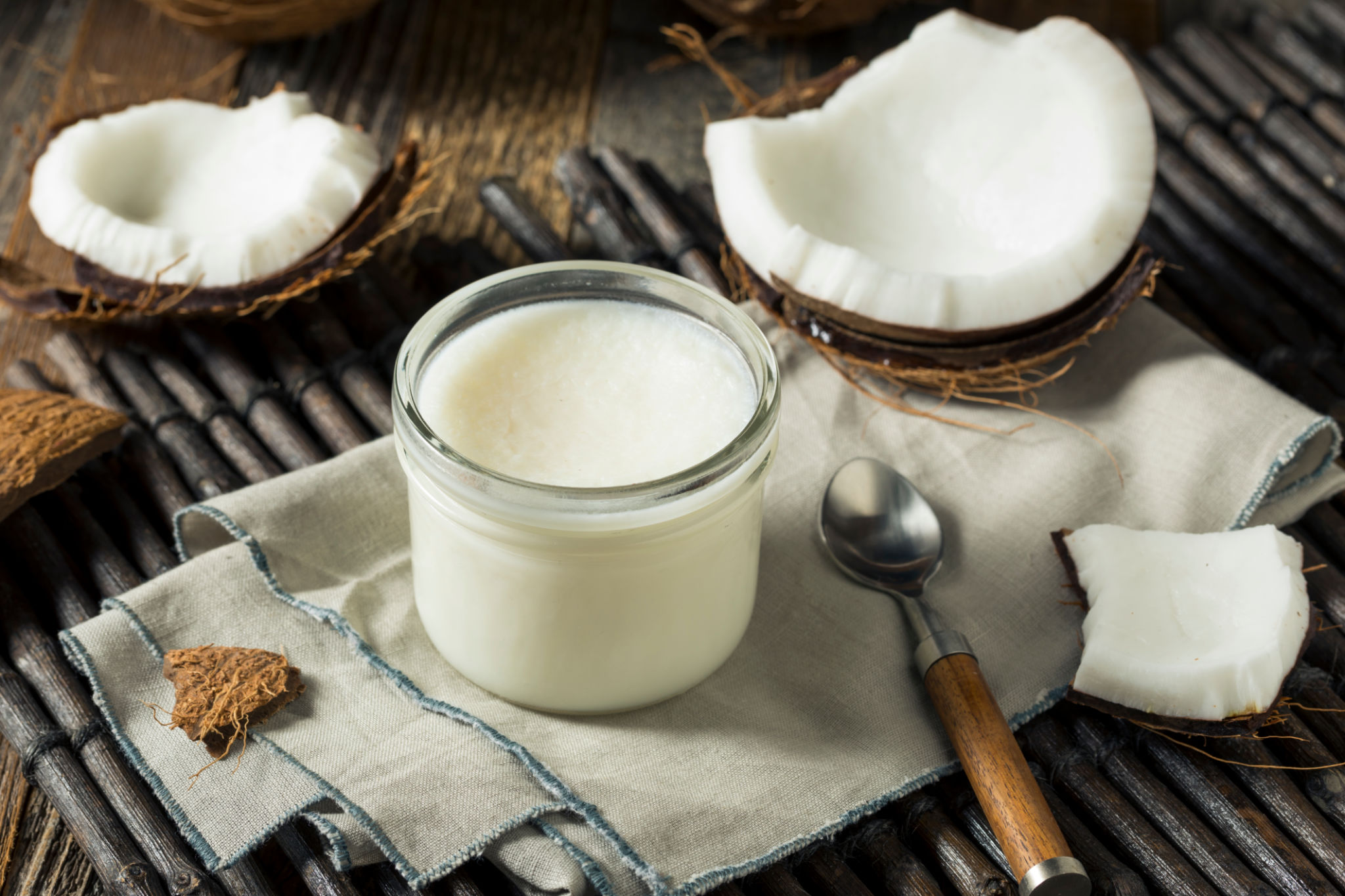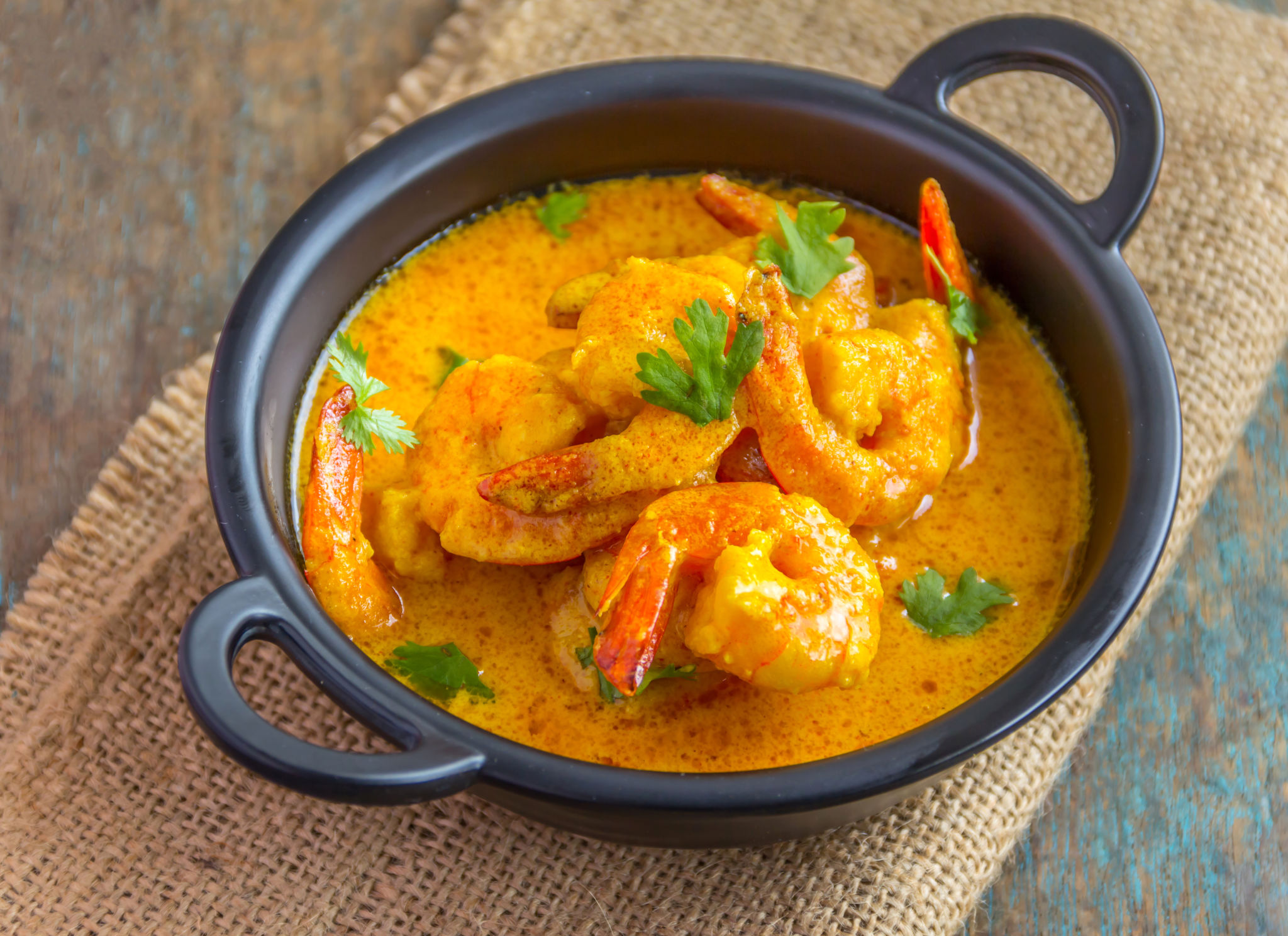Debunking Myths: Is Coconut Oil Really Good for Cooking?
Introduction to Coconut Oil
Coconut oil has been at the forefront of health trends for several years now. With its unique flavor and supposed health benefits, many people have swapped out their traditional cooking oils in favor of this tropical alternative. But is coconut oil really as good for cooking as some claim? In this blog post, we aim to debunk some common myths surrounding coconut oil and cooking.

The Composition of Coconut Oil
To understand whether coconut oil is good for cooking, it's essential to know what it's made of. Coconut oil is rich in saturated fats, particularly lauric acid, which makes up about 50% of its composition. This high level of saturated fat has led to some controversy, as saturated fats have been traditionally linked to heart disease.
Saturated Fats and Health Concerns
Many health experts have raised concerns about the high saturated fat content in coconut oil. While some studies suggest that lauric acid can increase levels of "good" HDL cholesterol, other research indicates that it may also raise "bad" LDL cholesterol. This conflicting information has led to confusion about whether coconut oil is a heart-healthy choice.

Cooking Benefits of Coconut Oil
Despite the debates over its nutritional profile, coconut oil does offer some benefits when used for cooking. It has a high smoke point, around 350°F (177°C), making it suitable for sautéing and baking. This means it doesn't break down and produce harmful compounds at higher temperatures as quickly as some other oils.
Flavor and Texture Enhancements
Coconut oil is known for imparting a slight coconut flavor to dishes, which can enhance the taste of certain recipes, particularly those from tropical or Southeast Asian cuisines. Additionally, its creamy texture can contribute to the richness of baked goods and desserts.

Myths vs. Reality
One of the most prevalent myths about coconut oil is that it's a "superfood" capable of miraculous health benefits. While it does contain antioxidants and has antibacterial properties, these benefits are often overstated in marketing claims. It's important to approach these claims with a healthy dose of skepticism and rely on scientific evidence.
Moderation is Key
As with any dietary component, moderation is crucial when incorporating coconut oil into your diet. Using it occasionally as part of a balanced approach to cooking can provide variety and flavor without overwhelming your diet with saturated fats.

Conclusion: A Balanced Perspective
Coconut oil can certainly be a part of your cooking repertoire, but it's not a one-size-fits-all solution. By understanding its composition and potential benefits, you can make informed decisions about when and how to use it. Remember that no single ingredient can transform your diet or health overnight. A balanced approach that includes a variety of healthy fats, along with fruits, vegetables, and whole grains, will always be the best strategy for overall well-being.